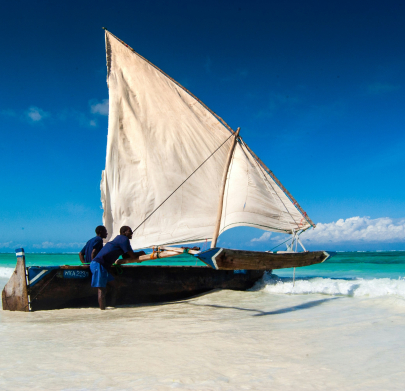National research programme Fisheries and Biodiversity in the Western Indian Ocean (PEPR BRIDGES)
The southwest Indian Ocean is a biodiversity hotspot, with interdependent ecosystems and human societies that are particularly exposed and vulnerable to climate change. The PEPR BRIDGES programme aims to link conservation, food security, environmental justice, and capacity sharing issues in collaboration with a wide network of regional stakeholders.
|
BRIDGES is an interdisciplinary research and scientific cooperation programme that seeks to understand how networking spatially managed tools (e.g., marine protected areas, MPAs) for the marine and coastal social-ecological systems of the southwest Indian Ocean (SWIO) can enable better preservation of biodiversity and fair and sustainable exploitation of marine natural resources in the context of significant global changes.
The southwest Indian Ocean is a biodiversity hotspot, with interdependent ecosystems and human societies that are particularly exposed and vulnerable to climate change. This is particularly the case in marine and coastal areas, where the effects of climate disruption are destructive, and where many people depend on fishing products and income, ecosystem services for coastal protection against flooding and erosion, and develop numerous cultural, spiritual, and economic activities.
The BRIDGES programme specifically focuses on the social-ecological systems of fishing, particularly small-scale fishing, coastal and pelagic fishing, and aquaculture, on six study sites distributed throughout the SWIO region.
BRIDGES relies on the networking and collaboration of researchers, policymakers, practitioners, and civil society in the SWIO region to identify solutions and implement them. This will result in the establishment of a decision-support network based on open science.
The programme must address five challenges:
- Innovating by developing new capacities for climate-ocean-resource-user observation and strengthening existing ones to collect, store, and analyse key data.
- Modelling social-ecological systems that take into account multi-level and multi-scale interconnections and feedback loops.
- Anticipating the vulnerabilities of social-ecological systems to the impacts of climate change and the risks of emerging conflicts to propose rapid and flexible responses.
- Co-constructing transformative trajectories with a network of stakeholders to mitigate future tensions and increase resilience.
- Transforming governance modes to move towards more resilient societies, by strengthening capacities and training through research in the region.
